AT A GLANCE OF BANGLADESH
Bangladesh is a developing country having a diverse and enormous range of possibilities. Bangladesh’s firm footstep in the global arena was confirmed through its nine months long blood showered independence. Presently the country is passing through the journey of development with 170 million active inhabitants. Dhaka is the capital of Bangladesh and the largest city too along with some other major cities like Chottogram, Khulna, Sylhet, Rajshahi, Barisal, Rangpur etc. Bengali is the official language here which was established with a glorious background. English is also widely practiced in Bangladesh. The country is an example of global communal harmony though Islam is the foremost religion here followed by Hinduism, Buddhism, and Christianity. Some ethnic minority groups are also happily practicing their religion and culture with full freedom.
Earlier the economy viz a viz foreign currency earning was led through Jute and Jute goods which have been widely replaced by ready-made garments, Textiles, foreign remittance by skilled and unskilled manpower, and Pharmaceuticals. The country is still an agricultural predominant-based economy but simultaneously an industrialization environment is very much existing. Having some positive challenges, the country boasts a rich cultural heritage and background with traditional music and drama, dance, and art, and celebrates various religious, cultural, and ethnic festivals. It follows a parliamentary democracy form of government with the Prime Minister as the head of government and the President as the head of state, and the mainstream political dynamics are dominated by the two major political parties the Awami League and the Bangladesh Nationalist Party (BNP).
The day of 21st February 1952 is treated as Language Movement Day. That time was treated as a significant civil rights movement in Bangladesh (then East Pakistan) by protesting against the Pakistan government’s decision to impose Urdu language as the sole official language of Pakistan though Bengali language was the foremost and predominant by its majority and practice. Bloody consequences took place for the same and settled later on by establishing Bengali as the national language too and the spirit of this integration led the people towards cultural identity, nationalism, and lastly the holy independence.
Now, the country is growing fast economically and socially along with the support of technology considering all major economic, and social indicators which have a global endorsement and recognition and the country has uplifted its status as a semi-developed country. Per capita income and GDP growth have a positive indicator in a row.
LEADERS OF BANGLADESH
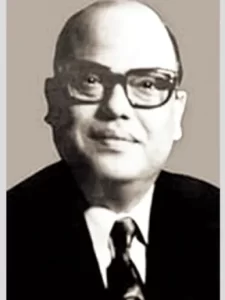
Bangabandhu Sheikh Mujibur Rahman was the founding father of Bangladesh and the first Prime Minister of the country. He led the nation in its struggle for independence from Pakistan in 1971. He was assassinated in 1975 by a group of military officers. He is widely regarded as one of the greatest leaders in the history of South Asia.
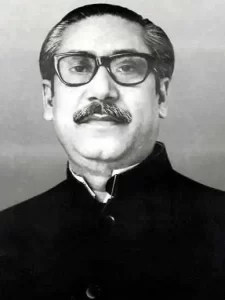
Sayed Nazrul Islam was a Bangladeshi politician who served as the acting president of the Provisional Government of Bangladesh during the Liberation War of 1971. He was also the first prime minister of Bangladesh from April 1971 to January 1972, when Sheikh Mujibur Rahman returned from Pakistan. He played a key role in organizing the resistance against the Pakistani occupation forces and mobilizing international support for the Bangladeshi cause.
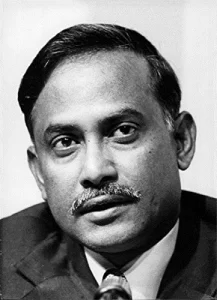
Ziaur Rahman was a Bangladeshi military leader and politician who served as the seventh president of Bangladesh from 1977 to 1981. He is widely regarded as the founder of the Bangladesh Nationalist Party (BNP), one of the largest political parties in the country. He played a key role in the Bangladesh Liberation War of 1971, leading a sector of the guerrilla forces against the Pakistani army. He also initiated several reforms and development projects during his presidency, such as the establishment of the Rural Electrification Board and the expansion of education and health services.
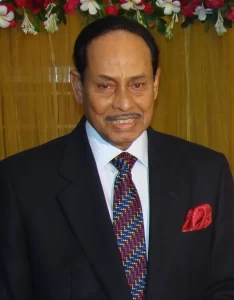
Hussain Muhammad Ershad, commonly known as H M Ershad, was a prominent Bangladeshi military officer and politician who served as the President of Bangladesh from 1984 to 1989. He came to power through a bloodless military coup in 1982 and later assumed the presidency after the overthrow of the civilian government in 1983. Ershad’s rule was marked by authoritarian tendencies and a tight grip on power. He introduced several economic and administrative reforms during his tenure, but faced criticism for suppressing political dissent and curtailing press freedom. In 1988, amid growing protests and opposition, he declared a state of emergency and dissolved the parliament. However, mounting public pressure eventually led to his resignation in December 1990, paving the way for a return to civilian rule in Bangladesh.
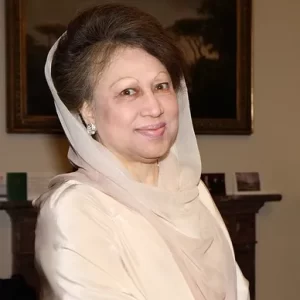
Begum Khaleda Zia, born on August 15, 1945, is a prominent Bangladeshi politician who served as the Prime Minister of Bangladesh from 1991 to 1996 and again from 2001 to 2006. She is the chairperson of the Bangladesh Nationalist Party (BNP), one of the major political parties in the country. Khaleda Zia is the widow of former Bangladeshi President Ziaur Rahman, and she played a significant role in shaping the nation’s politics. Throughout her career, she faced both acclaim and controversy, with her leadership marked by efforts to strengthen democratic institutions and promote social welfare programs. However, her tenure also faced challenges related to corruption allegations and political unrest. Despite facing legal troubles, she remained a key figure in Bangladeshi politics, leaving a lasting impact on the nation’s political landscape
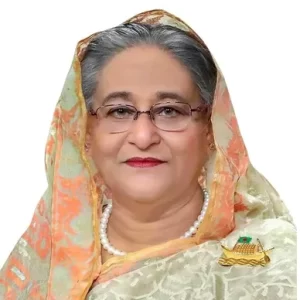
Sheikh Hasina is a prominent political figure and the current Prime Minister of Bangladesh. Born on September 28, 1947, she has been a leading force in Bangladeshi politics for several decades. Hasina is the longest-serving prime minister in the country’s history, having held the position since January 6, 2009. Throughout her tenure, she has been instrumental in various developmental initiatives and socio-economic reforms, striving to improve the living standards of the Bangladeshi people. Under her leadership, Bangladesh has made significant progress in areas such as economic growth, poverty reduction, and women’s empowerment. Hasina’s political journey has been marked by both challenges and achievements, making her an influential and respected figure both nationally and internationally.
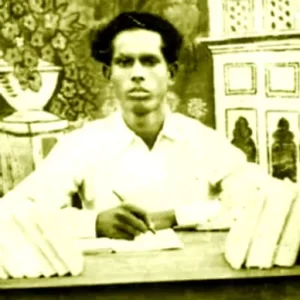
On 21 February 1952, during the student protest for Bengali as the national language of Pakistan at Dhaka University, despite a curfew (Section 144), Ahmed participated. When police opened fire near Dhaka Medical College, Rafiq was shot in the head and died instantly. His body was discovered behind the Anatomy Hall, Room 5 of the medical hostel, by a group of six to seven protestors. Rafiq was buried at Azimpur Graveyard under Pakistan Army guard. Unfortunately, his grave was lost and remains unidentified.
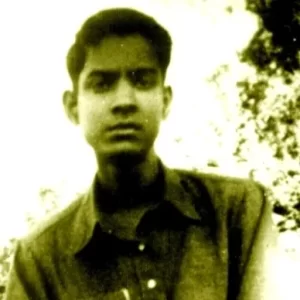
On February 21, 1952, students protested for Bengali language as the national language despite a curfew (Section 144) in place. Police fired at the protestors near Dhaka Medical College. Barkat, seriously injured, died at Dhaka Medical College at 8:00 pm on that day. He was buried in Azimpur Graveyard, but the exact grave location is lost. His mother, Hasina Begum, inaugurated the Shaheed Minar in 1963.
GALLAEY
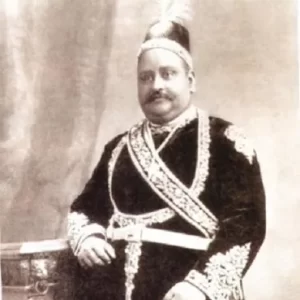
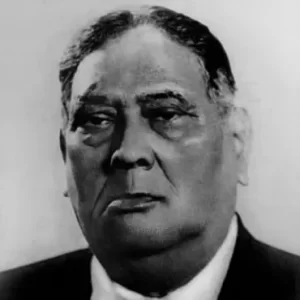
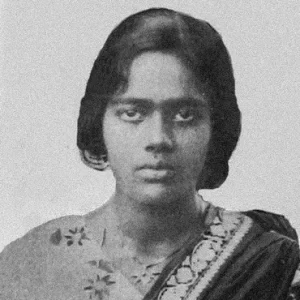
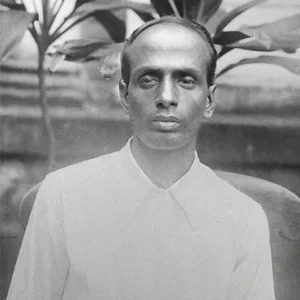
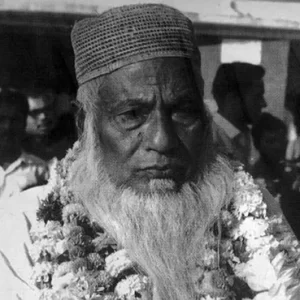
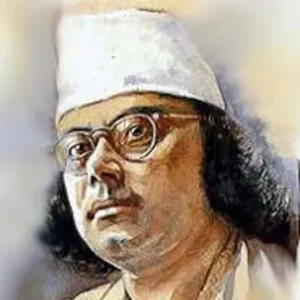
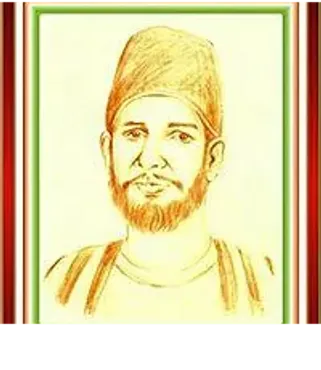
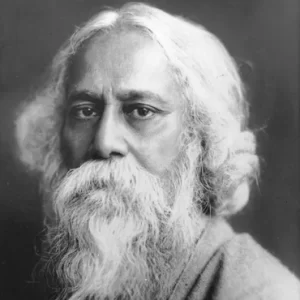
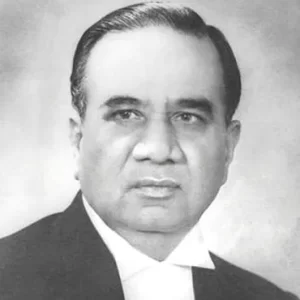
Contact Details
Address: 37-47, 73rd Street King Plaza, Suite # 207, Jackson Heights – 11372 New York
Phone: 347-476-9424, +1 (646) 371-3614
Email: bdparade2024@gmail.com
Important Links
Join our mailing list
Sing up to receive email updates on the latest blogs, offers and more.
